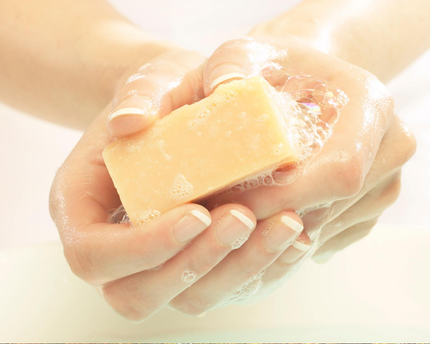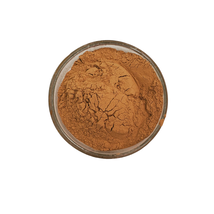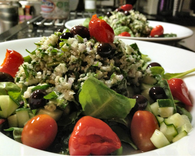|
Fall in the Midwest One of the best things about living in the Midwest is having four seasons to enjoy. My favorite season is autumn, with its colorful trees and brisk weather. Unfortunately, it only lasts between 4 to 6 weeks, then winter weather rushes in. Autumn and winter seasons bring colder temperatures and a huge drop in humidity, which ushers in dry skin. Here are 5 skincare tips on how to prevent dry skin during the cold season. 1. Drink Plenty of Water It’s almost second nature for people to remember to remain hydrated during the hot summer season. Outdoor activities, such as walking, jogging and bike riding, requires us to increase our water intake. However, during the cold autumn and winter months, we aim more towards hot, comforting beverages such as tea, hot chocolate and coffee to keep us warm. Although these warm beverages warm us from the inside out, our bodies and organs still require water to remain hydrated. Try adding fresh or frozen fruit to your water to add a splash of natural flavor. If cold water doesn’t sound appealing to drink, try drinking the water at room temperature. Keeping yourself hydrated during the winter will help to prevent winter dehydration, combat winter weight gain, and protect your immune system against seasonal cold and flu. 2. Switch to Natural Soap Most commercial-grade soap bars are produced with chemicals and synthetic fragrances and colorants that deplete your skin of its natural oils and sebum, causing it to lose moisture and dry out. Natural, handmade soap bars are made from plant oils and/or animal fats, herbs and essential oils designed to gently cleanse your skin without stripping it of its moisture. Most natural soaps contain luxurious butters like shea and macadamia that softens and hydrates your skin. Kali’s Creations Lavender & Rosemary Moisturizing bar contains high levels of cocoa butter for its rich, creamy lathering properties and high antioxidant, vitamin and mineral content. 3. Use a Thick Moisturizer Moisturizers made from light-weight oils, such as grapeseed, sunflower and coconut oil, are best to use during the summer months. They easily absorb into your skin without leaving a greasy residue or clogging your pores. However, during the winter months, your skin may require a heavy-based oil or butter may be more beneficial. Switching to a rich, oil or butter-based moisturizer, such as almond, olive, and shea butter, helps to seal in the moisture from your shower/bath. It provides your skin with the extra protection to combat harsh weather elements, and heavy-weight fabrics against your delicate skin. Rhassoul Clay4. Use a Mild Exfoliator With sandal season being long over, the need to exfoliate your feet and skin drastically decreases. Skincare products that contain natural clays, such as kaolin, bentonite and rhassoul, are fine-grained and gentle enough to use on your face as well as your whole body. They remove dirt, excess oil, and impurities from your skin without stripping it of its natural moisture. Most clays are sold pre-mixed as masks, but you can also purchase clay soap bars for more convenience. Kali’s Creations Rhassoul Clay Detoxifying bar is made with bentonite clay to gently cleanses the skin, and rhassoul clay to balance oily skin, reduce large pores, and hydrate dry skin. It’s also great to use as a shampoo bar! 5. Eat More Veggies!
When I think of winter, I think of family, snowy nights and delicious aromas coming from the kitchen. During the holiday season, many of the meals being served are slow roasted, “stick to your ribs” types of meals that are starchy and full of meat. Studies have shown that during the winter season, our bodies experience a decrease in energy levels and metabolism due to lack of exercise and outdoor activity, and lack of plant-based foods. This leads to acne break outs, delayed wound healing, chapped lips, dry skin, and bad breath. Adding a raw salad or roasted vegetables to your each of your meals will dramatically improve your overall health, skin, and attitude. Root vegetables, such as carrots, beets, turnips, onions, turmeric, and potatoes, are packed with vitamins B, C, and A that heals wounds and reduces inflammation. Yellow and orange vegetables are high in beta-carotene, which also reduces inflammation and protects our skin from free-radical damage. Dark, leafy greens such as kale, spinach and collards, are high in iron, omega 3s, and vitamins B, and E, which boosts collagen production and prevents fine lines and wrinkles. Do your skin a favor and eat a colorful rainbow salad or a veggie smoothie once a day! |
AuthorKali Howard has over 10 years of natural soapmaking experience. She is a married mother of 3 beautiful children. Archives
March 2024
Categories |





 RSS Feed
RSS Feed
